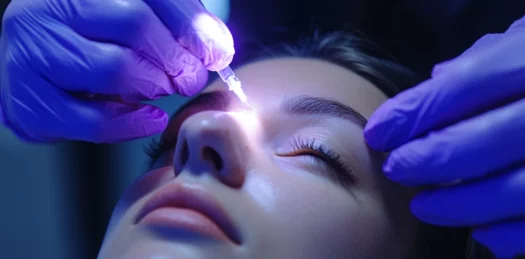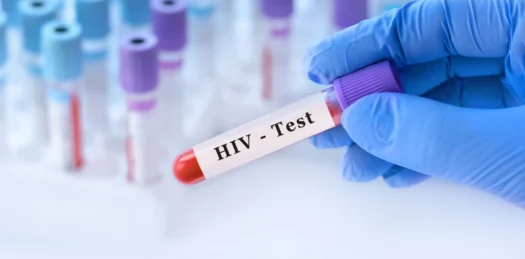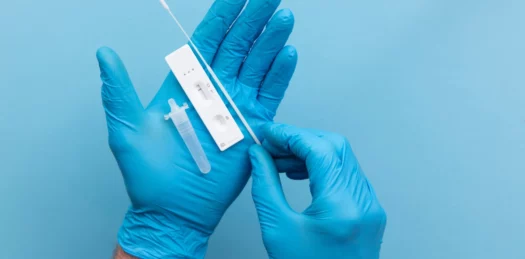Clinical trial monitoring is one of the key elements to ensure conducting a high-quality trial, as well as reliability and transparency of the clinical data obtained during the trial.
A clinical trial should be conducted based on the previously drafted trial protocol, and any data obtained must be thoroughly documented. Moreover, trial data must be analysed and reported according to the trial design. What is particularly important is for the ethical aspects of the trial to be in line with the applicable legal provisions. Trial monitoring covers the scope of planned, systematic activities that are to ensure transparency in conducting clinical trials, data reliability and protection of the subjects’ rights.
Proper clinical trial monitoring guarantees completing the trial as scheduled. Selecting properly qualified staff with experience in trial monitoring can drive considerable cost savings. Usually, the costs of conducting and monitoring the trial constitute 1/3 of the total trial costs.
Composed of experts from various therapeutical fields, the Pure Clinical team will provide monitoring support. We have the skills and tools necessary to cooperate with trial sites in a seamless and effective manner.
Q&A
What is clinical trial monitoring?
Clinical trial monitoring mainly consists in supervising its progress and ensuring that trials are conducted, documented and reported according to the trial protocol, applicable legal requirements and good clinical practice.
What is GCP?
GCP stands for Good Clinical Practice. It is an international set of rules determining the principles for designing, performing and recording results of clinical research on human subjects. Good Clinical Practice was compiled by the International Conference on Harmonization of Good Clinical Practice (ICH-GCP).
Who monitors a medical device trial?
A trial monitor should be a qualified person with appropriate knowledge about the clinical trial, trial protocol and all the necessary quality-related documents and procedures.




